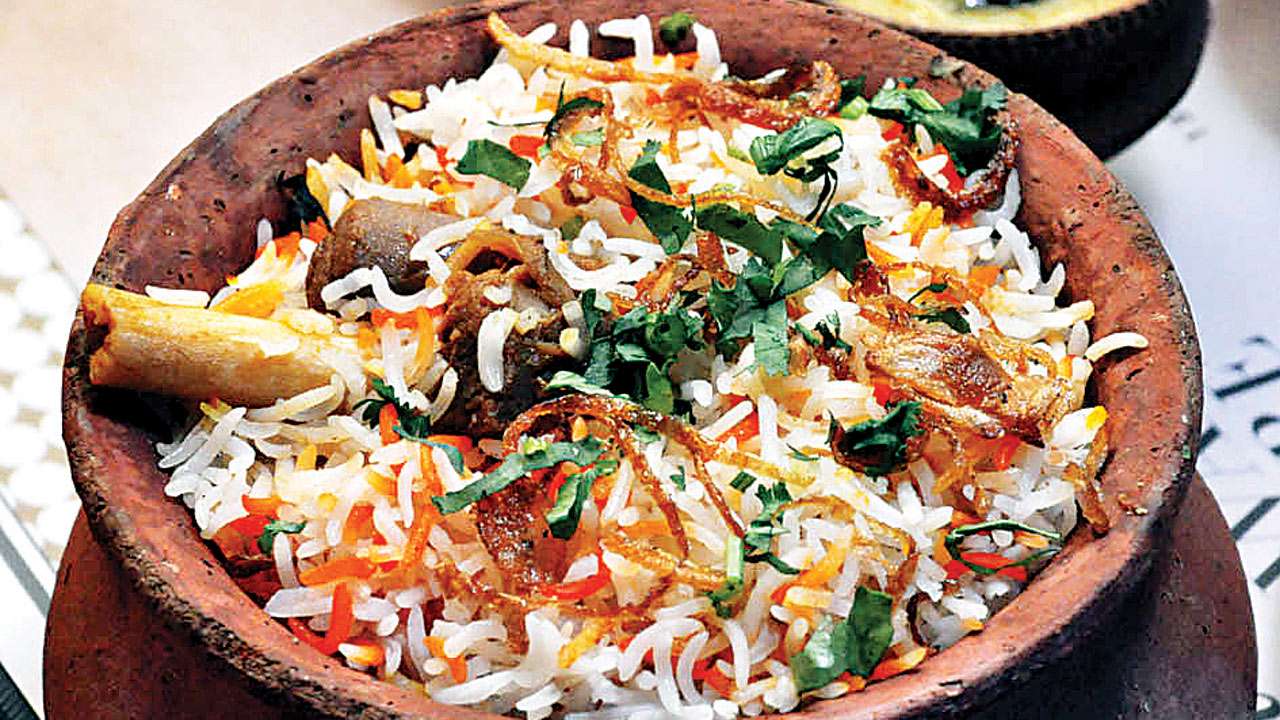
At a certain point I lost track of you Agha Shahid Ali was a connoisseur when it came to food. It is said that his pad in Brooklyn was a pit stop for poets and students and researchers poring over a matla and radif, while their senses immersed in the whiff of biryani and korma simmering in his ever bustling kitchen. The guests could always hope to be fed. Amitav Ghosh delineates these bits in his obituary essay ‘Ghat of the Only World: Agha Shahid Ali in Brooklyn’.There are accounts of the host, always pottering around, emerging from behind “the clouds of heeng (asafetida)” in his Brooklyn apartment. He brought the same degree of precision and exactitude to bear on his recipes as on the difficult poetic forms he embraced: From ghazal to canzone to sestina. Poetry and cooking are compatible that way. The improvisations both call for are a matter of judgement accrued over time. Poets and cooks can detect dissonance. Both call for a developed “taste”. Taste is an acquisition, but then there’s no guarantee you’ll have it even if you were to consciously work towards it. In fact trying too hard could be counter-productive. Taste could become tedium. In this case, what is interesting is the play of food in Ali’s larger poetics of exile.
While in the US, he would have a recurring nightmare about the exodus of the Kashmiri Pandits from the Valley and with that, the permanent loss of Kashmiri recipes. Kashmiri cuisine is unique in that it eschews the trinity of onion, garlic, ginger in curries: Standard ingredients in the curry obsessed subcontinent. There is, instead, a liberal use of fennel and dried ginger. The poet’s nightmares centred around the loss of Kashmiri Pandit recipes: A variant in the Valley cuisine. The latent fears of this kind singularly emanated from his deep distress with the Kashmiri Pandits having to flee the Valley in the decade of the 1990s in the wake of insurgency. Agha Shahid Ali’s poetry is suffused with this loss.
Food was an alibi. An alibi for this loss.
When you left even the stones were buried: The defenceless would have no weapons./ When the ibex rubs itself against the rocks/ Who collects the fallen fleece from the slopes?/ O Weaver, whose seams perfectly vanished,/ Who weighs the hairs on the jeweller’s balance?
In mourning the exodus of the Pandit from the Valley, he morphs into a lover. In so doing, he undoes the victim-perpetrator binary. The loss of lovers is shared. That unites them even in separation. A lover who carries clay lamps to the minarets of the mosques to see if the lover comes, a lover who accumulates undelivered mail to the lover and the letters morph into paisleys. The gluten on the envelopes is washed off in torrential rain. He stands in the rain, drenched and waiting for the lover to return. The loss is deepened with the loss of peculiarly Kashmiri experience: There is no one to collect the fleece that the ibex sheds (Ibex, particularly inhabits the highest mountains and its fleece is used to make the finest quality Pashmina). Through the warp and weft of the mundane and the peculiar of Kashmir life, he mourns the loss of the unique sensibility of Kashmir where “in the lake of the arms of temples and mosques are locked in each other’s reflection”, where syncretic cultural practices have been revered in shrines like the Hazratbal. He makes this loss resound in, what Ramazani refers to, as the “echo chamber of the ghazal”.
The exile of the Pandit, is actually a loss of a way of a life, peculiar rhythm and texture of everyday existence. Without the Pandit, there would be no true Kashmiriyat, like there is no love without the lover. So he grapples with a redundancy:
You needed me. You needed to perfect me: In your absence you polished me into the enemy./ I hid my pain even to myself;/ I revealed my pain only to myself.
The lover is at the end of the tether. Ali’s loss of Kashmiriyat is the loss of the lover. There is no redemption for him when the beloved forsakes. Further, when the lover changes into part enemy, there is no hope. Distance plays truant and makes the old lovers into enemies. On one occasion, affected by his illness, he had once let out a diatribe to his friend Ghosh: “I wish all this had not happened…this dividing of the country, the divisions between people…why can’t you be happy with cuisines and the clothes and music and all the wonderful things?”
This seemingly facile statement hid a source of real, visceral pain, a loss of a cultural space.
The writer teaches English Literature at a college in Chandigarh. Views are personal.